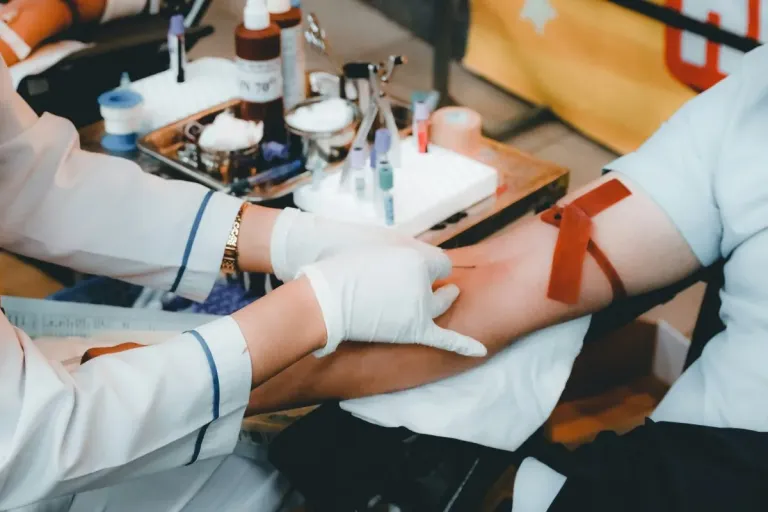PANAMA CITY, PANAMA – The Blood Bank at the City of Health (Ciudad de la Salud) is confronting a critical challenge in maintaining adequate blood supplies to meet the high demand from surgeries, hematoncological treatments, transplants, pediatric care, and medical emergencies. The institution has issued an urgent appeal to the public for voluntary, altruistic donations to ensure therapeutic support for hospitals nationwide.
Health officials confirmed the supply shortage this week, emphasizing that the current blood inventory is insufficient to cover the complex medical needs of Panama’s primary healthcare complex. The situation threatens to impact scheduled surgical procedures and emergency response capabilities if not addressed immediately through increased donor participation.
“With one unit of blood, we can save up to three lives. It is crucial that the population responds to the call to donate, primarily at the Blood Bank of the City of Health,” emphasized Jacqueline Toruño, head of the department [Translated from Spanish].
Critical Need for Multiple Medical Specialties
The blood supply shortage affects numerous critical medical areas simultaneously. Surgical departments require consistent blood availability for complex operations, while cancer patients undergoing hematoncological treatments depend on regular transfusions. The transplant program, pediatric care units, and emergency trauma services all face potential disruptions without immediate donor response.
The City of Health represents Panama’s most comprehensive medical facility, consolidating specialized healthcare services that collectively generate substantial demand for blood products. This centralized model of care delivery creates both operational efficiencies and concentrated demand pressures on the blood bank’s resources.
“It was a quick and painless experience. I feel happy because I will be able to help my friend. From now on, I will make time to come donate,” shared Juan Carlos, who made his first donation at the Blood Bank of the City of Health [Translated from Spanish].
Donor Eligibility Requirements and Scheduling
Prospective donors must meet specific health and eligibility criteria to ensure both donor safety and blood product quality. Requirements include being of legal age, presenting personal identification, maintaining good health status, weighing more than 110 pounds, and having waited at least six months since receiving tattoos or piercings.
Additional restrictions include avoiding medication and vaccinations within the last 24 hours before donation. The blood bank conducts medical evaluations for all potential donors to verify eligibility and ensure the safety of both donors and recipients.
The Blood Bank of the City of Health accepts whole blood donations from Monday through Sunday, from 7:00 a.m. to 2:00 p.m. Platelet donations require prior appointment scheduling and are available from 7:00 a.m. to 11:00 a.m. following medical evaluation.
National Impact of Blood Donation
The current shortage highlights the ongoing challenge of maintaining adequate national blood reserves. While the immediate concern focuses on the City of Health facility, the implications extend throughout Panama’s healthcare system, as this central blood bank supports multiple hospital networks and emergency services.
Health authorities emphasize that regular, voluntary donations represent the most sustainable solution to blood supply challenges. Unlike systems reliant on replacement donors during emergencies, developing a culture of voluntary donation provides more stable inventory management and better preparedness for unexpected medical crises.
For more information on national blood donation policies and requirements, visit the Panamanian Ministry of Health official website.
The current situation at the City of Health Blood Bank underscores the critical intersection between public participation and healthcare system functionality. As medical technologies advance and treatment capabilities expand, the fundamental need for blood donations remains constant, requiring ongoing community engagement to sustain life-saving medical interventions.



